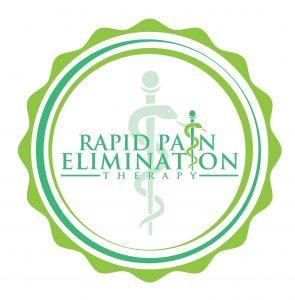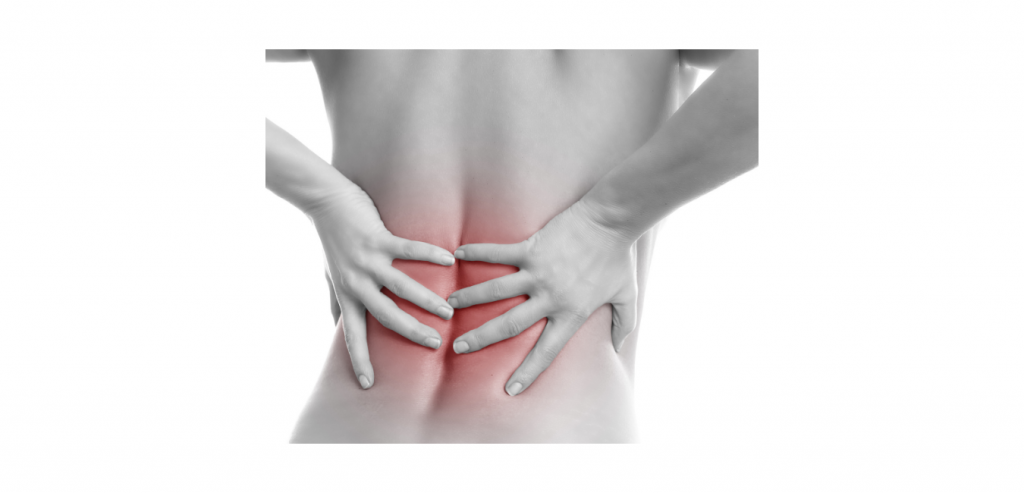Pain Management
Hypnosis for pain management
Managing Discomfort
Hypnotherapy for pain management has long been regarded as a very effective treatment. As far back as the 1800s, Scottish surgeon, James Braid, was using hypnosis during procedures to help people with pain management whilst working in India. He enjoyed a great deal of success and gained a reputation for painless surgery. In those early days the process was referred to as mesmerism and was quite different to how we work today. In fact, pain was one of the very first useful applications for hypnosis.
Sometimes the discomfort we are feeling is there for a reason and the best we can hope to do is manage it.
A course of hypnotherapy sessions can help to trigger the relaxation response so that our bodies can produce more endorphins and other good chemicals. Endorphins are our body's natural painkillers, working by blocking the relevant receptors in the brain.
We are all aware of times when the discomfort doesn't feel as bad - perhaps when we are distracted or having a good time doing something else. This, in itself, shows how discomfort doesn't have to be present and ongoing all the time.
Hypnosis can help people manage their own condition in a way that gives them responsibility without relying on medication. NICE (the National Institute for Health and Care Excellence) reports that long term use of painkillers can actually make headaches worse. Prolonged Paracetamol usage has also been indicated to increase the risk of heart attack, kidney failure and strokes.
How it Works
I don't know if you've ever wondered why we can't feel other people's pain... we can gain an understanding by some of the descriptive words listed on this page, but we can't really know what someone else is going through.
The fact is that some people can easily dismiss intense sensations of a very serious nature, whilst others feel agony if they stub a toe. My migraine may be entirely different to somebody else's but we still use the word "migraine" to describe the experience.
It is known that if we are feeling stressed, upset or are anticipating pain then those sensations will be more pronounced. Muscles will tense in readiness for the future discomfort and this will make things worse.
Signals are transmitted through the nervous system to the brain, where they can be processed. We might imagine how an electrical current runs through the wiring of a house from switch to socket.
Hypnosis can change the way we modulate our experiences, in the same way adding a dimmer switch can change the lighting in a room.
Different circuits in the brain help us to distinguish between an intense pain, such as cutting our finger, or a more chronic one, such as an achy joint. When our attention is brought to an intense pain for a period of time we forget about the other discomfort. Our awareness shifts. We do this naturally.
Different Ways we Perceive Pain
Aching
Acute
Agonising
Annoying
Burning
Chronic
Cramping
Constant
Deep
Dull
Drilling
Excruciating
Flinching
Gnawing
Heavy
Hot
Intense
Intermittent
Itchy
Localised
Nagging
Niggling
Persistent
Pressing
Prickling
Pulsing
Searing
Sharp
Shooting
Sore
Spasm
Stabbing
Superficial
Swollen
Tender
Throbbing
Wrenching

S.T.E.P.S.
Subconscious Therapeutic Elimination of Pain Signals and Symptoms
S.T.E.P.S. is an alternative pain therapy that can eliminate discomfort very quickly. This process works directly with the unconscious mind but doesn’t even need a trance state. Your unconscious mind is exceptionally powerful and can change the pain signals that you’ve been receiving.
It is very useful for old signals which are no longer serving a purpose. Sometimes our bodies get locked into pain by continuing to pulse signals that are no longer required.
This process will address that part of the mind which is working on old, outdated patterns so that the unnecessary discomfort can be released.

People who suffer from chronic levels of pain and discomfort often report a lack of sleep, leading to exhaustion and fatigue. This, in turn, can cause irritability and can also lead to the lowering of moods, increasing likelihood of depression or anxiety.
Because of this, it is beneficial for the whole of our wellbeing to be able to get relief from these feelings so that we can enjoy life in a fuller way once more.
If you are interested in the subject of hypnosis and pain, here are some links that you may find helpful.
An Introduction to the Study and Application of Hypnosis in Pain Control
Hypnosis for Refractory Severe Neuropathic Pain: A Case Study